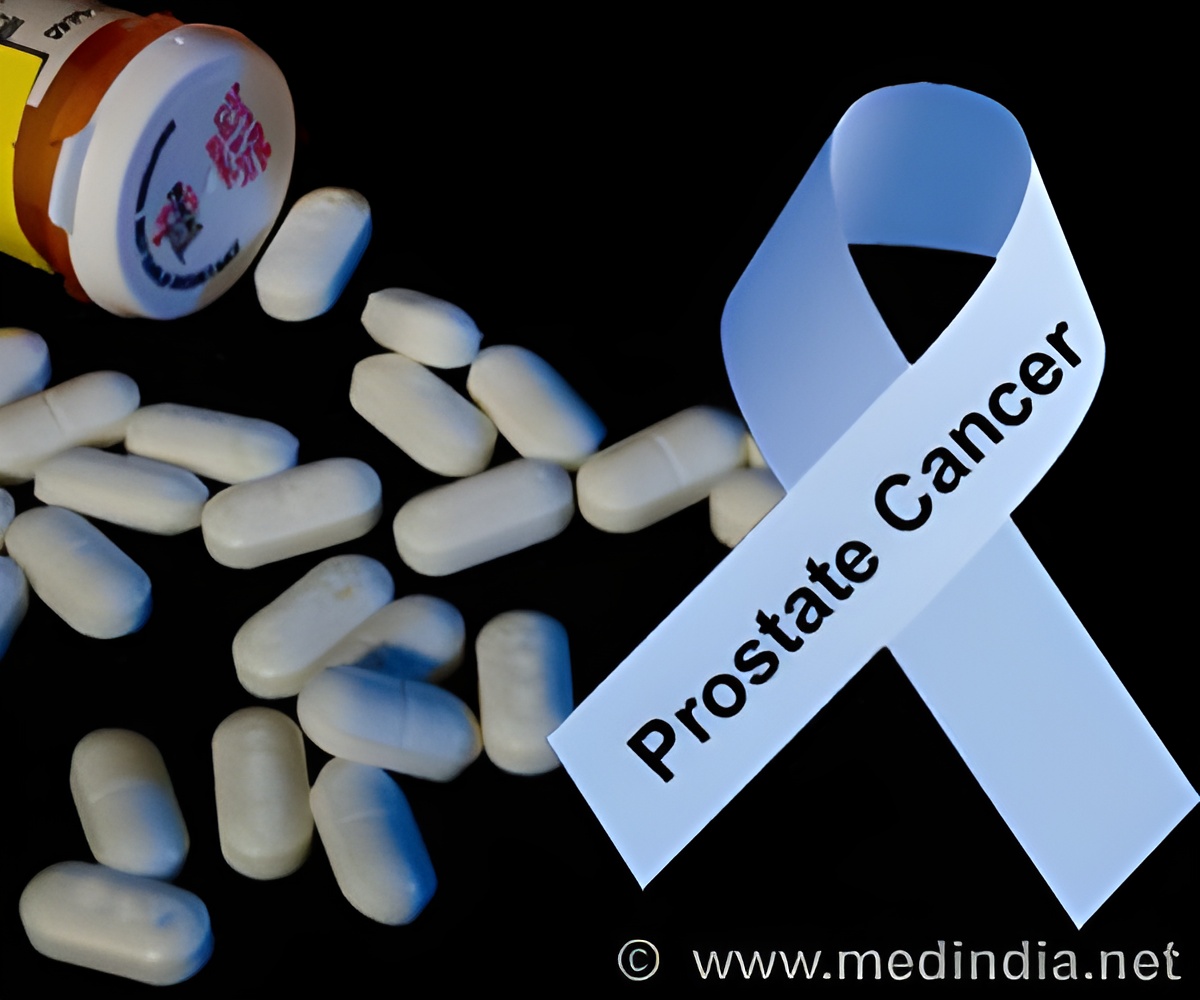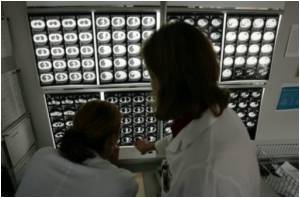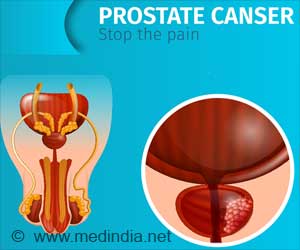
The European Randomised study of Screening for Prostate Cancer (ERSPC) began in 1993 to determine whether screening men for PSA reduces deaths from prostate cancer. It recruited men between the ages of 50 and 74 years from eight countries (Belgium, Finland, France, Italy, Netherlands, Spain, Sweden, and Switzerland) who were randomised to receive either PSA screening every 4 years (2 years in Sweden), or no intervention (control group). Men were referred for biopsy if their PSA concentration was higher than 3•0 ng/ml.
Results showed that screening appeared to reduce prostate cancer deaths by 15% at 9 years, and this improved to 22% at 11 years. Over 13 years follow-up, there was no further improvement in the relative reduction in prostate cancer deaths which decreased by roughly a fifth (21%) in the screening group compared with the control group, although men who were actually screened had a 27% lower chance of dying of prostate cancer.
However, the absolute benefit of screening steadily increased with longer follow-up. The number of men needed to be invited for screening to prevent one death from prostate cancer dropped dramatically from 1410 after 9 years of follow-up to 781 at 13 years. The number needed to be diagnosed and treated to prevent one prostate cancer death also fell from 48 to 27. The risk of advanced prostate cancer was also smaller in the screening group.
According to study leader Professor Fritz Schröder from Erasmus University Medical Center in the Netherlands, "PSA screening delivers a substantial reduction in prostate cancer deaths, similar or greater than that reported in screening for breast cancer. However, over-diagnosis occurs in roughly 40% of cases detected by screening resulting in a high risk of overtreatment and common side-effects such as incontinence and impotence."*
He adds, "The time for population-based screening has not arrived. Further research is urgently needed on ways to reduce over-diagnosis preferably by avoiding unnecessary biopsy procedures, and reducing the very large number of men who must be screened, biopsied, and treated to help only a few patients. One promising approach is multiparametric MRI technology which may be able to selectively diagnose aggressive prostate cancers and avoid the diagnosis of many inconsequential tumours that generally grow so slowly that most men will die of other causes. But for now, men must to be given well-balanced information including the screening harms of over-diagnosis and overtreatment."*
Advertisement
Source-Eurekalert










![Prostate Specific Antigen [PSA] Prostate Specific Antigen [PSA]](https://www.medindia.net/images/common/patientinfo/120_100/prostate-specific-antigen.jpg)




